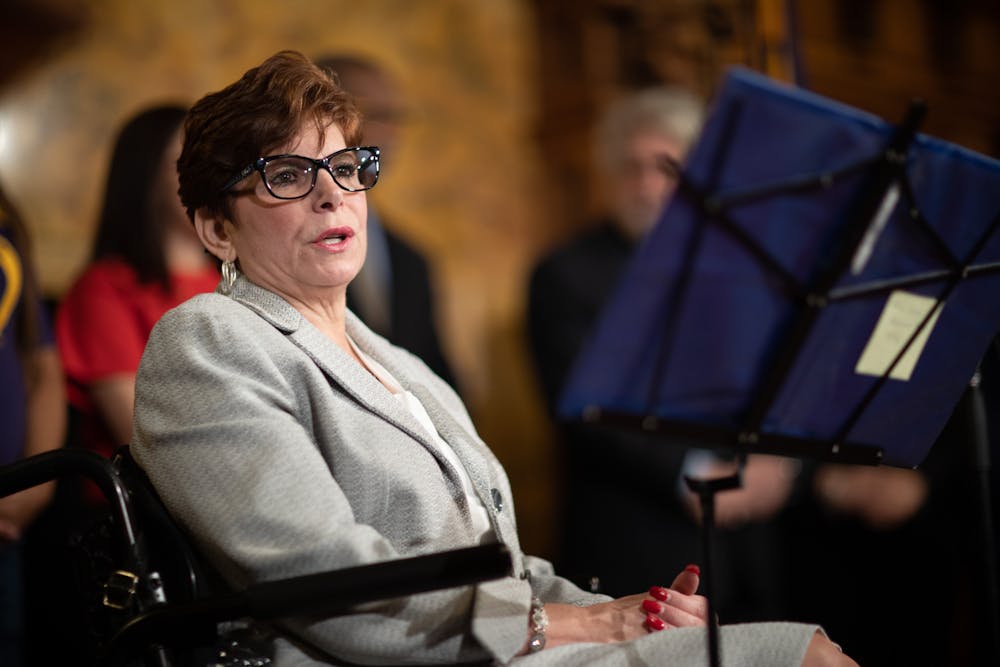By Shaim Akhtar
Staff Writer
Democratic legislator Christine Tartaglione recently announced her intention to introduce new legislation in Pennsylvania's general assembly aimed at raising the minimum wage from $7.25 to $20. Tartaglione plans to increase Pennsylvania’s minimum wage on July 1, pending approval in both the assembly and the governor’s office, and maintain cost-of-living adjustments every five years thereafter.
The legislation seeks to support households and children by expanding financial resources in order to prevent poverty and encourage consumer spending among low-income households through higher wages.
Furthermore, the minimum wage bill would set the tipped wage to 70% of the minimum wage, aimed at enhancing financial security for various employees in the food sector, in which current tipped workers earn $2.83.
The legislation would also permit municipalities to establish a local minimum wage higher than the state minimum wage, thereby expanding wages at a local level.
“By establishing a living wage, this legislation will help these citizens obtain a dignified and sustainable living. In turn, the Commonwealth will save tax dollars to reinvest in critical areas of need such as childcare and homecare for seniors and people with disabilities as many of our citizens will no longer require public assistance to get by,” Tartaglione stated upon announcing the bill.
To prevent wage theft in the state, the policy would utilize the Department of Labor and Industry to recover wages and penalize violations, helping to ensure the financial safety of residents.
Moreover, the legislation aims to align legal enforcement with the Federal Fair Labor Standards Act by enabling workers to receive damages in addition to unpaid wages, with the goal of assisting the rightful ownership of the employee.
The bill is estimated to aid 1.5 million Pennsylvanians living with low wages, who rely on various forms of government assistance and programs.
Tartaglione’s intentions to expand the minimum wage in Pennsylvania have prompted numerous political and local leaders to voice their reactions to the legislation.
“We should be prioritizing policies that enhance Pennsylvania’s economic competitiveness and make our state a more attractive place to do business. At the same time, lawmakers should get to work on policies that target support to low-income Pennsylvanians without risking job losses,” commented Alex Halper, senior vice president for government affairs at the Pennsylvania chamber of business, in regard to the bill's potential impact on reducing corporate interest.
Praising the legislation, Pennsylvania Democratic House Speaker Joanna McClinton voiced various frustrations with the current minimum wage in the state.
“It’s absolutely unacceptable that you can stand on your feet and take care of the vulnerable, and take care of the elderly, and take care of the sick, and have a variety of other jobs, and you are not paid a living decent wage,” McClinton stated.
While legislation is still pending approval by the Pennsylvania General Assembly and awaiting the governor's signature, the minimum wage legislation is expected to have an impact on employment laws and business interests in the state.







